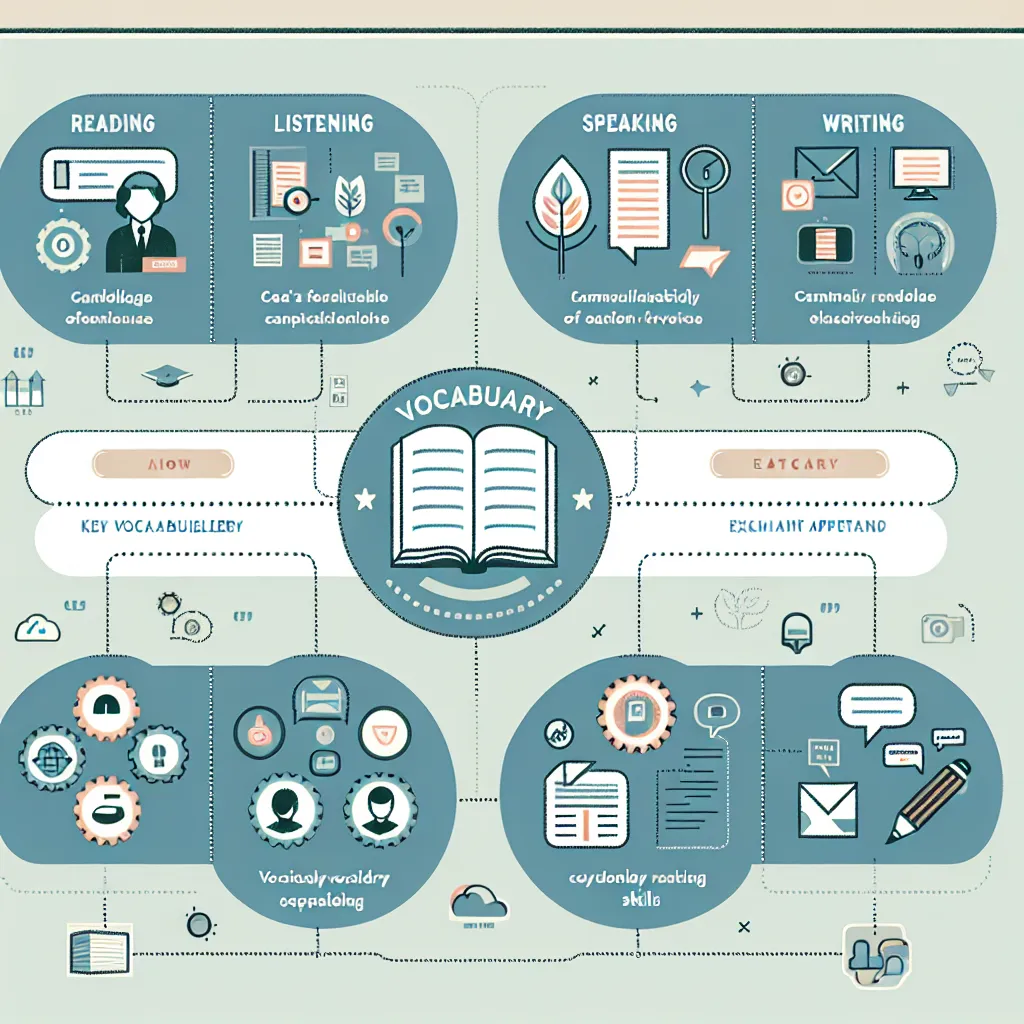The TOEFL (Test of English as a Foreign Language) is a comprehensive exam that assesses various aspects of English language proficiency. For many test-takers, identifying the most challenging section can be crucial for effective preparation. In this article, we’ll explore the different sections of the TOEFL test and analyze which one is typically considered the most difficult.
Understanding the TOEFL Test Structure
Before diving into the most challenging section, let’s briefly review the structure of the TOEFL test. The exam consists of four main sections:
- Reading
- Listening
- Speaking
- Writing
Each section tests different language skills and has its own unique challenges. Understanding these challenges is essential for developing an effective study plan.
 TOEFL Test Sections
TOEFL Test Sections
Analyzing the Difficulty of Each Section
Reading Section
The Reading section requires test-takers to read academic passages and answer questions about them. While this section can be time-consuming, many students find it manageable with proper practice.
Challenges:
- Limited time to read lengthy passages
- Complex academic vocabulary
- Inference and analytical questions
Listening Section
The Listening section tests your ability to understand spoken English in academic settings. This section can be challenging due to various accents and the need to take notes while listening.
Challenges:
- Different accents and speaking speeds
- Note-taking while listening
- Remembering details from long conversations or lectures
Speaking Section
The Speaking section is often considered one of the more difficult parts of the TOEFL test. It requires test-takers to speak on various topics with limited preparation time.
Challenges:
- Time pressure for preparation and response
- Speaking coherently on unfamiliar topics
- Nervousness and anxiety during recording
Writing Section
The Writing section tests your ability to write clear, well-structured essays in English. While it allows more time for thought and organization, it can be challenging for those who struggle with written expression.
Challenges:
- Organizing ideas quickly
- Writing under time constraints
- Demonstrating advanced vocabulary and grammar
The Most Difficult Section: Speaking
While difficulty can vary based on individual strengths and weaknesses, the Speaking section is generally considered the most challenging part of the TOEFL test. Here’s why:
-
Time Pressure: Test-takers have very little time to prepare and deliver their responses, often leading to stress and anxiety.
-
Multitasking Skills: The section requires listening, processing information, and formulating responses quickly, which can be overwhelming.
-
Unpredictable Topics: Questions can cover a wide range of subjects, making it difficult to prepare for every possible scenario.
-
Technical Challenges: Speaking into a microphone in a test environment can be intimidating and may affect performance.
-
Immediate Production: Unlike other sections where you can review and revise, the Speaking section requires immediate language production.
 TOEFL Speaking Section Challenges
TOEFL Speaking Section Challenges
Strategies to Overcome Speaking Section Difficulties
To improve your performance in the Speaking section, consider the following strategies:
-
Practice Regularly: Set aside time each day to practice speaking English, even if it’s just talking to yourself.
-
Record Yourself: Use your phone or computer to record your responses and analyze areas for improvement.
-
Time Management: Practice with a timer to get comfortable with the time constraints of each task.
-
Expand Your Vocabulary: Learn new words and phrases related to common TOEFL topics to express yourself more effectively.
-
Improve Listening Skills: Since some speaking tasks are based on listening passages, enhancing your listening comprehension can indirectly boost your speaking performance.
-
Stay Calm: Develop relaxation techniques to manage anxiety during the test.
Conclusion
While the Speaking section is often considered the most difficult part of the TOEFL test, with proper preparation and practice, it’s possible to improve significantly. Remember that difficulty is subjective, and what one person finds challenging, another might find easier. The key to success on the TOEFL is a well-rounded preparation strategy that addresses all sections of the test.
By understanding the unique challenges of each section, particularly the Speaking part, you can tailor your study plan to focus on your areas of weakness. With dedicated practice and the right approach, you can build the confidence and skills needed to excel in all sections of the TOEFL test.




